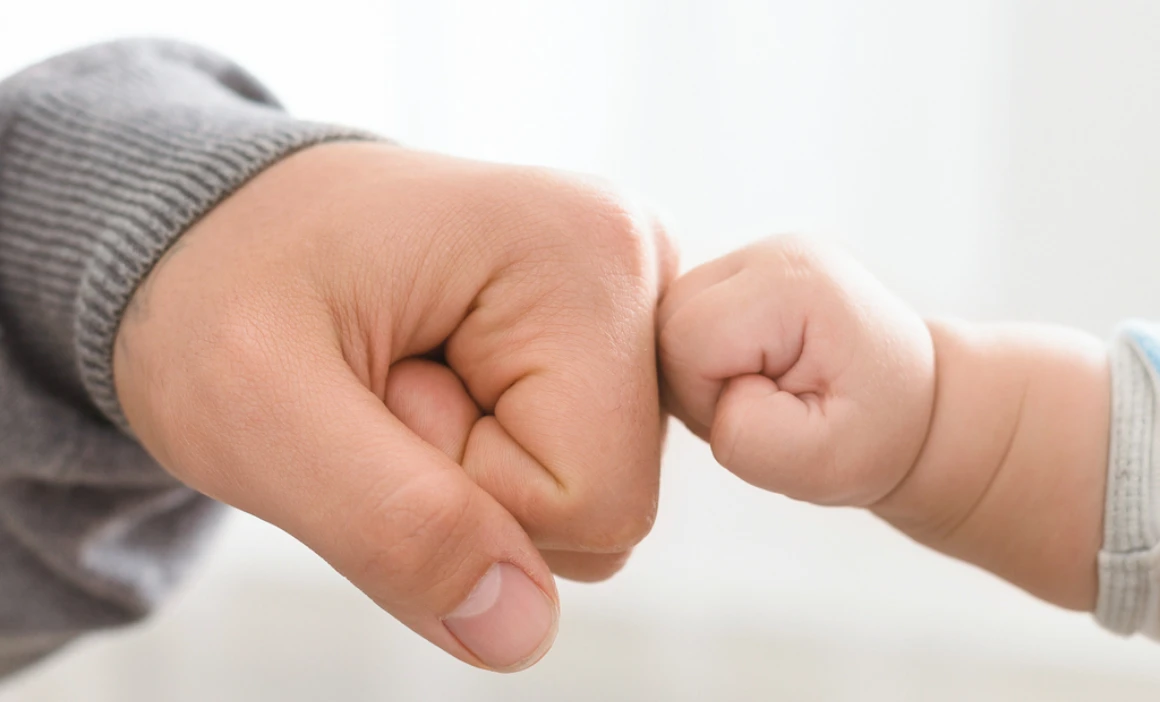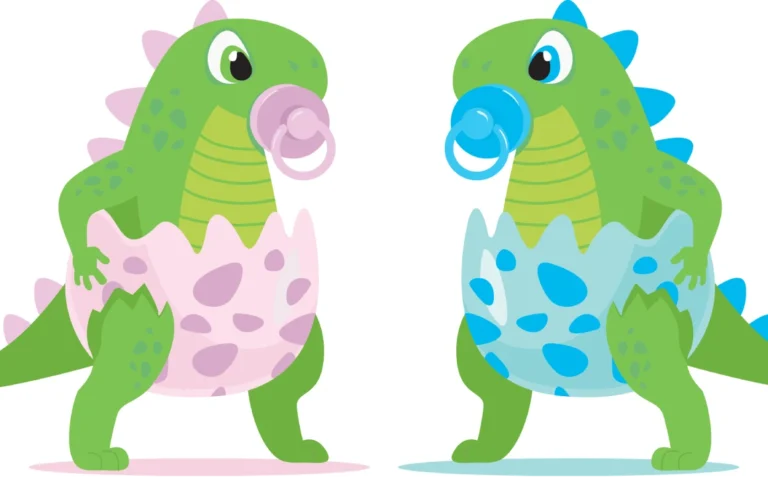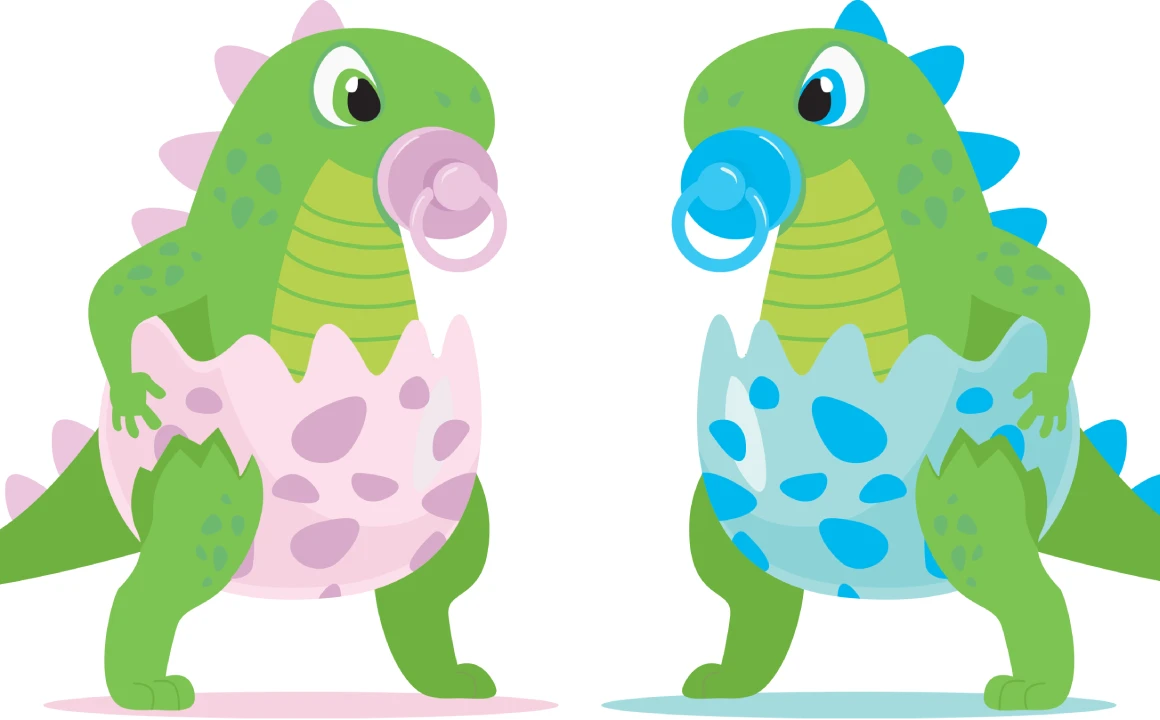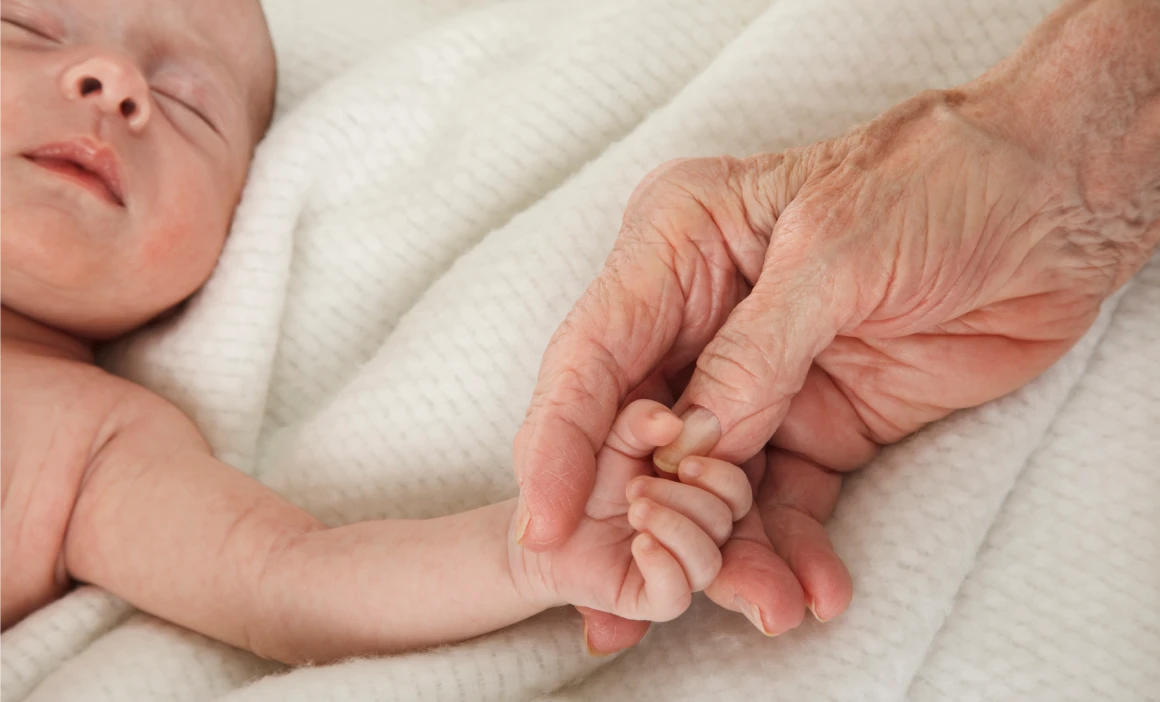
A Parent’s Loving Touch: How to Support Your Baby’s Development in the First Year

Cradle of Nutrition
- 4 minutes read
The first year of your baby’s life is full of wonder and growth, and as a parent or caregiver, it’s a time that can foster healthy habits, create strong bonds, and support your baby’s physical, emotional, and cognitive development. In this guide, we’ll explore how to support your baby during this crucial year—from bonding and safe sleep practices to encouraging their physical and emotional growth. Keep reading to learn the essential steps you can take to nurture your baby’s development and create a strong foundation for their future.
The Power of Touch and Bonding in the Early Months
From the moment your baby is born, touch becomes an essential part of bonding and emotional development. Skin-to-skin contact provides comfort, promotes attachment, and enhances your baby’s growth. Understanding the importance of bonding in the first year is key to fostering a strong parent-child connection.
How to Support This:
- Skin-to-Skin Contact: Studies show that skin-to-skin bonding plays a pivotal role in regulating body temperature and strengthening the emotional bond. Early physical closeness helps build trust between parent and child, reducing stress and anxiety.
- Responsive Parenting: Quickly responding to your baby’s needs fosters a secure attachment. Being attuned to their cries and cues will help build your baby’s trust and provide the emotional support they need in these early months.
Creating a Safe and Stimulating Environment
Your baby’s environment is critical in their first year, as it helps stimulate their senses and ensures they grow in a safe and secure space. Creating a stimulating environment helps the development of your baby’s brain and provides them with opportunities to learn and explore.
How to Support This:
- Safe Sleeping: Ensure that your baby’s crib is free from soft bedding, pillows, and other items that may pose a risk. Safe sleep practices are essential to reducing the risk of Sudden Infant Death Syndrome (SIDS).
- Playtime and Stimulation: Provide your baby with sensory-rich toys like soft fabrics, rattles, and colorful objects. Playtime encourages brain development and supports fine motor skills, laying the foundation for cognitive growth.
- Talking and Reading: Even though your baby won’t understand your words yet, reading and talking to them helps develop their language skills and cognitive awareness.
Supporting Physical Development: Encouraging Movement and Milestones
Supporting your baby’s physical growth through tummy time, safe exploration, and encouraging movement can help them reach milestones like rolling, sitting up, crawling, and even walking.
How to Support This:
- Tummy Time: Early tummy time is crucial for developing strong muscles in the neck, shoulders, and back. These muscles are essential for rolling over, crawling, and sitting up independently.
- Safe Exploration: Once your baby begins sitting and standing with support, provide them with opportunities to practice these skills in a safe space. Gentle encouragement helps build confidence.
- First Steps: As your baby reaches the walking stage, offer your support and encouragement. Holding their hands and providing safe spaces for walking encourages this major milestone.
Emotional Development: Building Strong Bonds
Emotional development in the first year is pivotal to building your baby’s sense of security and confidence. Strong emotional bonds help your baby regulate their emotions and develop a healthy sense of self.
How to Support This:
- Be Present: Your responsiveness to your baby’s emotional cues helps build trust. Be present, even when your baby is simply gazing at you, as this builds a foundation for emotional intelligence.
- Encourage Positive Interactions: Smiling, talking, and playing with your baby helps them recognize emotions, develop social skills, and understand emotional expression.
- Model Healthy Emotional Expression: By showing your baby how to express joy, sadness, or frustration in a healthy way, you teach them emotional literacy that will last a lifetime.
Fostering Cognitive Development: Stimulating Brain Growth
The first year is a period of rapid brain growth. By providing a variety of experiences, you can stimulate cognitive development, including problem-solving, language skills, and critical thinking.
How to Support This:
- Eye Contact and Communication: Engage with your baby through eye contact, speaking, and responding to their sounds. This helps develop early language skills and cognitive understanding.
- Sensory Play: Sensory play through textured toys and colorful objects allows your baby to explore the world around them, enhancing their learning abilities.
- Establish a Routine: A predictable routine helps your baby feel secure and supports their cognitive development. Consistent feeding, nap, and playtime schedules foster a sense of structure and safety.
Developing Healthy Sleep Habits
Sleep is essential for your baby’s physical, emotional, and cognitive development. A consistent and safe sleep routine sets the stage for healthy sleep habits and restful nights.
How to Support This:
- Establish a Sleep Routine: Begin creating a calming bedtime routine around 2-3 months, such as a warm bath or lullaby, to help signal that it’s time for sleep. A consistent routine helps your baby understand when it’s time to wind down.
- Safe Sleep Environment: Keep your baby’s room dark, quiet, and cool to promote better sleep. A consistent sleep environment can aid in developing healthy sleep habits.
- Encourage Naps: Napping is vital during the first year. Create a quiet, comfortable space for your baby to rest during the day to promote overall well-being.
Supporting your baby’s growth during their first year is a truly special journey. By being present, responsive, and nurturing, you lay the foundation for your baby’s future development. Every moment, every milestone, and every bond you form will shape the person your baby becomes.
For more detailed insights on your baby’s development throughout the first year, visit our comprehensive post on Twelve months of wonder.
By Erika Barabás
References:
1. MacMillan, H., & Williams, P. (2012). The First Year: Everything You Need to Know About Your Baby’s Development. HarperCollins.
A practical guide for parents, with tips on supporting emotional, cognitive, and physical development during the critical first year.
2. Brazelton, T. B., & Sparrow, J. D. (2006). Touchpoints: Your Child’s Emotional and Behavioral Development. Da Capo Lifelong Books.






